For many years now, this conference has been a major event for manufacturers of packaging materials and food producers. Participants will discuss how migrating substances from recycled plastics, paper based packaging, coatings, adhesives, mineral oil, bisphenol A and other undesirable elements affect the packaged food.
Book safely – participate safely!
Our flexibility guarantee applies to all our face-to-face events until 31 December 2022. All information on the the flexibility guarantee and our safety and hygiene measures can be found here.
For many years, the International Akademie Fresenius Conference “Residues of Food Contact Materials in Food” has been the perfect platform for bringing together the scientific, industrial and regulatory communities. We therefore cordially invite you to this year’s Conference. Plenty of exciting presentations are awaiting you!
The conference will be taking place once again in 2022: On 5 and 6 October in Dusseldorf. Of course, the health of all our participants is our number one priority. That is why we have strictly limited the number of places this time around. So make sure to secure your place in time!
Would you instead prefer to follow this conference digitally via our Live Stream?
Then you can find further information here!
Risk management and risk assessment updates
Perfluoro compounds
Toxicological tests/bioassay method
Sustainability aspects
Safety and analytical aspects
Groups that should take part:
Managing directors, boards of directors, members of supervisory boards, managers and scientists in the fields of:
Sectors that should take part:
Picture Credit: © colematt – istockphoto.com
PLEASE NOTE: The indicated times refer to Central European Summer Time CEST.
For further time zones, please view here.
Dieter Schrenk, University of Kaiserslautern, Germany
Update on the revision of FCM legislation, plastic recycling and plastics
Bastiaan Schupp, European Commission, Belgium
Katharina Adler, German Federal Ministry of Food and Agriculture (BMEL), Germany
Nadine Bohni, Office of Consumer Protection and Veterinary Affairs St. Gallen, Switzerland
Thomas Gude, SQTS Swiss Quality Testing Service, Switzerland
Katharina Volk, European Food Safety Authority (EFSA), Italy
Alan Boobis, Imperial College London, UK
Leonard John, German Federal Institute for Risk Assessment (BfR), Germany
Thomas Simat, Technische Universität Dresden (TUD), Germany
After the first conference day you are most welcome to attend our evening event for an unhurried evening of good food and leisure time. Please join us to continue the day’s interesting discussions in a relaxed and comfortable atmosphere.
PLEASE NOTE: The indicated times refer to Central European Summer Time CEST.
Peter K.T. Oldring, Sherwin Williams, UK
Laurence Castle, Member of the EFSA FAF Panel
Christian Kirchnawy, OFI – Austrian Research Institute for Chemistry and Technology, Austria
Maricel Marin-Kuan, Nestlé Research, Switzerland
Martin Schlummer, Fraunhofer IVV, Germany
Koen Weel, The Coca-Cola Company, Belgium
Lionel Spack, Nestlé, Switzerland
Stefanka Bratinova, European Commission Joint Research Centre (JRC), Belgium
Cristina Nerin, University of Zaragoza, Spain
Darena Schymanski, Chemcial and Veterinary Analytical Institute Münsterland-Emscher-Lippe (CVUA-MEL), Germany
Name
Unternehmen
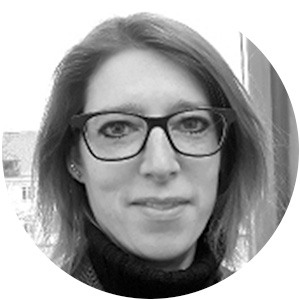
Katharina Adler
German Federal Ministry of Food and Agriculture (BMEL), Germany
Katharina Adler has been working with the German Federal Ministry of Food and Agriculture (BMEL) since January 2003. For about ten years, she was responsible for specific traditional foods and novel foods. In 2005 she worked with the European Commission and in 2010/2011 with the Permanent Representation of the Federal Republic of Germany to the EU. In 2012, she took on responsibility for food contact materials. Since January 2022 she acts as chair of the Council of Europe European Committee for Food Contact Materials and Articles (CD-P-MCA), as already from 2016 until 2019. She is a Food Chemist by training.
mehrweniger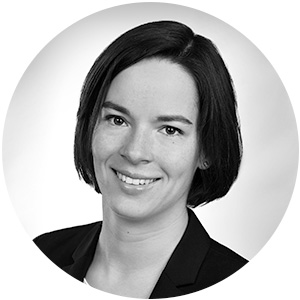
Nadine Bohni
Office of Consumer Protection and Veterinary Affairs St. Gallen, Switzerland
Nadine Bohni is the Group Leader Commodities at the Office of Consumer Protection and Veterinary Affairs St. Gallen. Her laboratory is mainly responsible for the analysis of food contact materials and toys. In addition, she is active in the enforcement of FCM compliance work and supports food safety officers on inspections of FCM and toy manufacturers and importers.
mehrweniger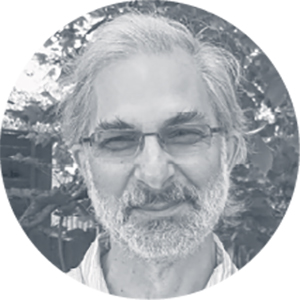
Alan R. Boobis
Imperial College London, UK
Alan R. Boobis retired from his chair at Imperial College London in June 2017 and is now Emeritus Professor of Toxicology. His research interests include mechanistic toxicology, risk assessment and the effects of mixtures. He has been a member of the EFSA PPR Panel and the Panel on Contaminants in the Food Chain. He has also been a member/Chair of the Joint FAO/WHO Meeting on Pesticide Residues and of the Joint FAO/WHO Expert Committee on Food Additives (residues of veterinary drugs) for approx. 20 years. He currently chairs the UK Committee on Toxicity of Chemicals in Food, Consumer Products and the Environment.
mehrweniger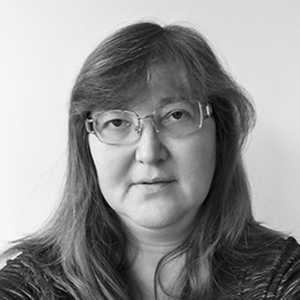
Stefanka Bratinova
European Commission Joint Research Centre (JRC), Belgium
Stefanka Bratinova is an Analytical Chemist and a Scientific Project Officer at the European Commission Joint Research Centre (JRC) in Geel. From 2004 to 2010 she worked on temporary contracts in EURL-FCM in Ispra, joined the Unit of Food Safety at JRC-Geel (former IRMM) in 2012 and returned back to EURL-FCM activities after JRC seized to operate the teams of EURL-PAHs and EURL-Mycotoxins.
mehrweniger
Laurence Castle
Member of the EFSA FAF Panel
Laurence Castle has been active in the field of FCM for many years. He is a member of the EFSA Working Group on FCM where he was the Chair from 2014 to 2017. Since 2018 he has been a member of the EFSA FAF Panel.
mehrweniger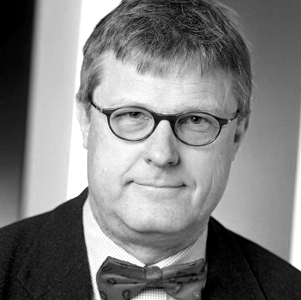
Thomas Gude
SQTS Swiss Quality Testing Services, Switzerland
Thomas Gude has been the Deputy Head of SQTS, Switzerland, for over 18 years. He is heading the laboratories dealing with food and non-food analysis as well as with risk assessments.
mehrweniger
Christian Kirchnawy
OFI – Austrian Research Institute for Chemistry and Technology, Austria
Christian Kirchnawy studied food and biotechnology in Vienna. Since his diploma thesis in 2010 he is working on the application of in-vitro bioassays for the safety assessment of food packaging. For his PhD thesis in technical chemistry he developed test methods for the detection of endocrine active substances. Since 2011 he is leading the Microbiology & Cell Culture department at OFI. The main focus of his work, is on the safety assessment of food contact materials and medical devices.
mehrweniger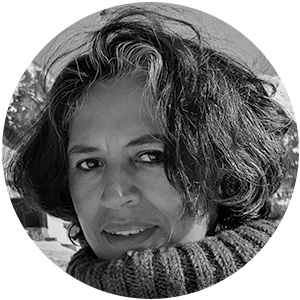
Maricel Marin-Kuan
Nestlé Research, Switzerland
Maricel Marin-Kuan is In Vitro Toxicology Specialist within the Nestlé Institute of Food Safety & Analytical Sciences at Nestlé Research in Lausanne-Switzerland. Maricel has been working at Nestlé since 2002, with key scientific contributions in the safety-by-design area bringing in vitro solutions to food quality and safety challenges for prioritization and decision-making. Involved in the packaging safety area since 2010 with the application of multidisciplinary tools to assess the safety of new packaging material using qualified in vitro tools. External collaborations with academia and industry on various food safety issues.
mehrwenigerStefan Merkel
German Federal Institue for Risk Assessment, Germany
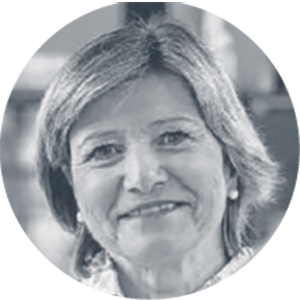
Cristina Nerin
University of Zaragoza, Spain
Cristina Nerin is a Full Professor at the University of Zaragoza in Spain and the Director of the University Analytical Research Group (GUIA). She was a Member of the WG Recycling in EFSA's CEP Panel from 2010 to 2018.
mehrweniger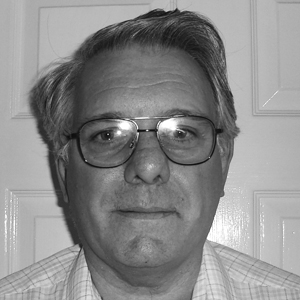
Peter K.T. Oldring
Sherwin Williams, UK
Peter K.T. Oldring is a Regulatory Affairs Manager at Sherwin Williams, based in UK and is actively involved in activities to support the can coating business, including chairing various groups such as cross sector group.
mehrwenigerMartin Schlummer
Fraunhofer Institute for Process Engineering and Packaging (IVV), Germany
Martin Schlummer is a Business Development Manager of Recycling and the Environment at the Fraunhofer Institute for Process Engineering and Packaging (IVV) in Freising. He has been with Fraunhofer-IVV as a research fellow since 1999. As a responsible scientist he was responsible for process development and analytical process evaluation.
mehrweniger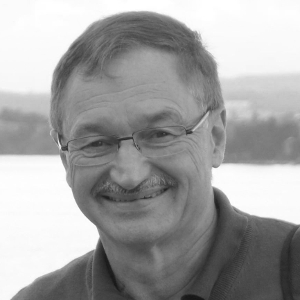
Dieter Schrenk
University of Kaiserslautern, Germany
Dieter Schrenk has been a Professor for Food Chemistry and Environmental Toxicology at the University of Kaiserslautern since 1996. In 2005 he took on the full professorship for Food Chemistry and Toxicology. He joined the EFSA CONTAM Panel in 2003. Since 2018 he has been the Chair of this panel.
mehrweniger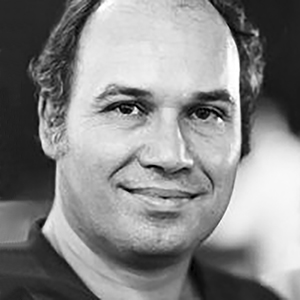
Bastiaan Schupp
European Commission, Belgium
Bastiaan Schupp leads the food contact materials team in DG Health and Food Safety of the European Commission, and works on the subject since 2011. His main legislative responsibly is the general implementation of the legislation on food contact materials, and he has a specific focus on plastics and recycled plastics.
mehrweniger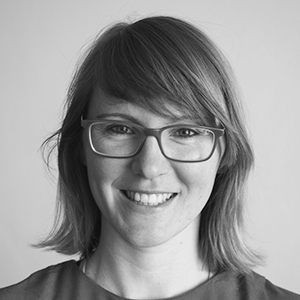
Darena Schymanski
Chemcial and Veterinary Analytical Institute Münsterland-Emscher-Lippe (CVUA-MEL), Germany
Darena Schymanski is a Food Chemist and one of the heads of the speciality laboratory in the Department \"Special Instrumental Analyses, Contaminants and Residues\" at the CVUA-MEL in Münster. She is responsible for the analysis of microplastics and nanoparticles, elements, stable isotopes, radioactivity and irradiated foods. In 2015 she left the Thuringian State Office for Consumer Protection to join the CVUA-MEL in Münster, where she wrote her dissertation about microplastics in mineralwater and food contact materials.
mehrweniger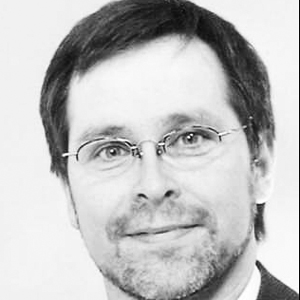
Thomas Simat
Technische Universität Dresden (TUD), Germany
Thomas Simat has been a Professor and the Chair of Food Science and FCM at the Technische Universität Dresden with research on FCM since 2003. He is the Chairman of the ‘German BfR Committee on Consumer Products’’.
mehrweniger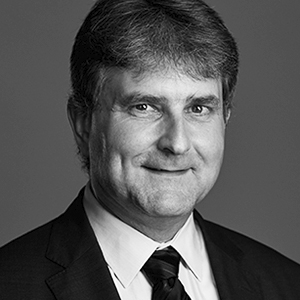
Lionel Spack
Nestlé, Switzerland
Lionel Spack is a Senior Expert Food Contact Materials in Corporate Operation-Quality Management at Headquarter of Société des Produits Nestlé S.A in Vevey. He was previously FCM Expert within the Nestlé Quality Assurance Center (NQAC) supporting the Zone EMENA (Europe, Middle East, North Africa). Earlier he was Packaging QA specialist at the Nestlé Research Center. He is involved in international associations, e.g. in the International Association of Environmental Analytical Chemistry (IAEAC), Schweizerische Verpackungsinstitut-Joint Industry Group and FoodDrinkEurope.
mehrweniger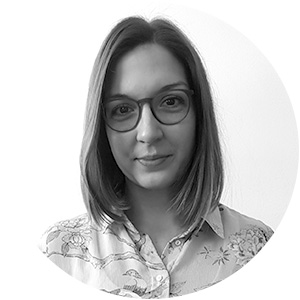
Katharina Volk
European Food Safety Authority (EFSA), Italy
Katharina Volk has been Scientific Officer within the FCM team of EFSA since 2015.
mehrweniger
Koen Weel
Coca-Cola Company, Belgium
Koen Weel is a Food Technologist and has been in charge of various aspects of packaging and food contact materials since 2004. In 2021 he joined The Coca-Cola Company where he is currently a Scientific and Regulatory Affairs Manager Food Contact Materials for Europe, focusing on safety and food contact compliance of packaging. Before joining Coke, he had various roles in the food contact materials domain, among which two periods of six years at Danone Specialized Nutrition, as well as an auditor role at ISACert NL and a project manager role at Triskelion.
mehrwenigerWir haben für Sie im Veranstaltungshotel bis 4 Wochen vor Veranstaltungsbeginn ein begrenztes Zimmerkontingent reserviert. Bitte buchen Sie direkt beim Hotel und nennen Sie das Stichwort „Akademie Fresenius“.
Teilnahmepreis: € 1.895,00 zzgl. MwSt.
Im Teilnahmepreis sind folgende Leistungen enthalten:
Vertreter:innen einer Behörde oder einer öffentlichen Hochschule erhalten einen ermäßigten Teilnahmepreis von € 895,00 zzgl. MwSt. (Nachweis per Fax oder E-Mail erforderlich). Der Sonderpreis ist nicht mit anderen Rabatten kombinierbar.
Gruppenrabatt
Bei gemeinsamer Anmeldung aus einem Unternehmen erhalten der dritte und jeder weitere Teilnehmer 15 % Rabatt.
Buchen ohne Risiko
Eine kostenfreie Stornierung oder Umbuchung ist bis vier Wochen vor Veranstaltungsbeginn schriftlich möglich. Nach diesem Zeitpunkt und bis zu einer Woche vor Veranstaltungsbeginn erstatten wir Ihnen 50 % der Teilnahmegebühren. Bei späteren Stornierungen oder Nicht-Erscheinen können keine Teilnahmegebühren erstattet werden. Sie erhalten jedoch in diesem Fall von uns nach der Veranstaltung die Veranstaltungsdokumentation. Einen Ersatzteilnehmer können Sie jederzeit kostenfrei benennen.
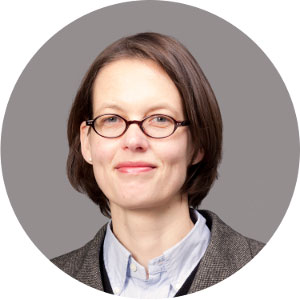
Sabine Mummenbrauer
Inhalt und Konzeption
+49 231 75896-82
smummenbrauer@akademie-fresenius.de

Sabine Mummenbrauer
Inhalt und Konzeption
+49 231 75896-82
smummenbrauer@akademie-fresenius.de

Sabine Mummenbrauer
Inhalt und Konzeption
+49 231 75896-82
smummenbrauer@akademie-fresenius.de
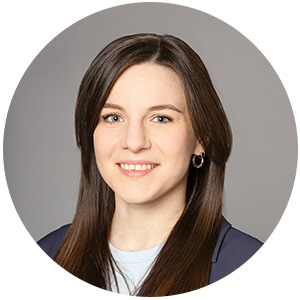
Alexandra Schardt
Organisation und Teilnehmermanagement
+49 231 75896-74
aschardt@akademie-fresenius.de

Alexandra Schardt
Organisation und Teilnehmermanagement
+49 231 75896-74
aschardt@akademie-fresenius.de
05.10. — 06.10.2023, Leonardo Royal Hotel Köln - Am Stadtwald
Präsentieren Sie Ihr Unternehmen auf unserer Veranstaltung.
Persönlich und zielgruppengenau stellen Sie Ihre Produkte und Dienstleistungen vor. Gerne informieren wir Sie unverbindlich über die verschiedenen Möglichkeiten – von der Auslage von Produktinformationen bis hin zum Ausstellungsstand.
Gerne beraten wir Sie persönlich:
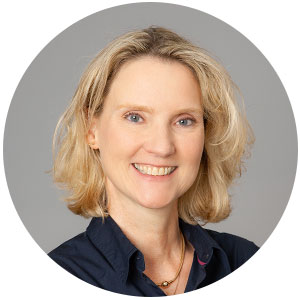
Monika Stratmann
Telefon: +49 231 75896-48
info@akademie-fresenius.de
Wir bieten Journalist:innen und Redakteur:innen eine Plattform, um in Kontakt mit Expert:innen zu treten.
Wenn Sie als Redakteur:in der Fachpresse Interesse an einem Pressepass oder einer Medienpartnerschaft haben, kontaktieren Sie uns bitte frühzeitig. Wir beraten Sie gerne.
Sprechen Sie uns an:
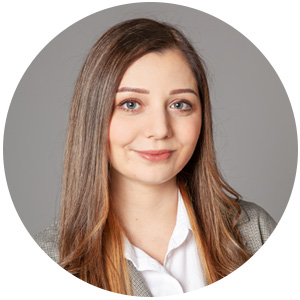
Katharina Geraridis
Telefon: +49 231 75896-67
presse@akademie-fresenius.de
© Die Akademie Fresenius GmbH